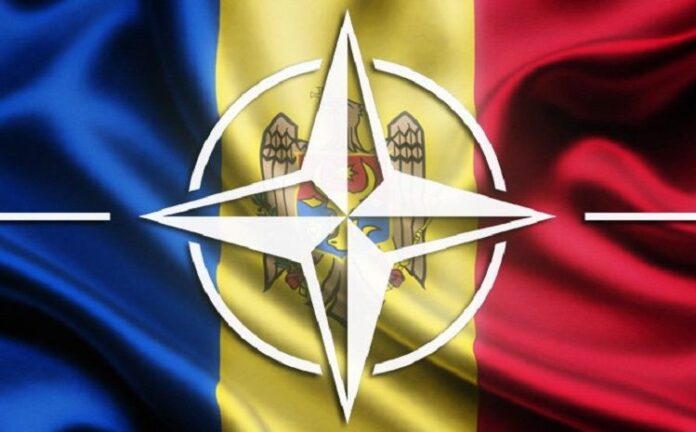The Republic of Moldova has cooperated with NATO under the Partnership for Peace for over 30 years. This collaboration respects the country’s constitutional neutrality and strengthens the safety of its citizens. NATO has helped Moldova prevent and respond to crises, modernize security and defense institutions, and protect its information and cyberspace. President Maia Sandu emphasized cybersecurity in the context of the September 28, 2025 parliamentary elections, whose results the Constitutional Court validated without identifying violations that could compromise democracy.
Commenting on Kremlin-backed narratives claiming that proximity to NATO deprives Moldova of a dignified future and promotes lawlessness and poverty, Maia Sandu said these messages “oppose the EU and the Moldovan state.” She added: “People should learn about life in Russia, starting from their freedoms. Recently, an 18-year-old singer was arrested in Saint Petersburg simply for performing in the street. Do we want this for our youth? No. We want freedom. We want our children to feel safe, stay at home, sing, create, and dance. This is what we want for Moldova,” Sandu said on the RLIVE TV show “Realitatea te priveste” on October 16.
“We cooperate with NATO through our programs. This summer, when we discovered a major cybersecurity vulnerability, NATO mobilized resources and provided equipment so we could protect the integrity of the elections and prevent Russian interference. We will continue to accept help from NATO or member countries for expensive equipment. We must invest in cybersecurity alongside digitalization, or we create vulnerabilities,” she added.
Strengthened National Security with NATO Support
President Sandu confirmed that Moldova will continue cooperation “as it has until now, in accordance with our constitutional neutrality. Many speculate, especially those unconcerned that Russia violates our neutrality every day.”
She explained: “We saw how institutions performed. A lesson from these elections is that institutions achieve results when they work as a team and trust each other. Previously, when institutions blamed each other, results were poor. Only when we establish clear mechanisms, collaborate, learn together, and trust one another do we succeed. Institutions worked hard, but we must continue; it is not enough yet.”
Earlier, on 15 October, at the meeting of NATO Defence Ministers at NATO HQ in Brussels, NATO Secretary General Mark Rutte confirmed that “NATO cooperates closely with Moldova” and said the Alliance supports authorities “whenever they consider we can help.”
Rutte added: “This topic was not discussed in depth at the summit, but I assure you that NATO and the EU cooperate closely with Moldova. I have known President Maia Sandu for many years and admire her leadership. Whenever she asks for help, we provide it, either through NATO as a whole or through contributions from individual allies.”
In October, Moldova will host a contingent of British military experts in counter-drone operations. They will assess the Moldovan armed forces’ needs and help develop anti-drone tactics. Moldova carries out this technical cooperation fully in accordance with its neutral status.


